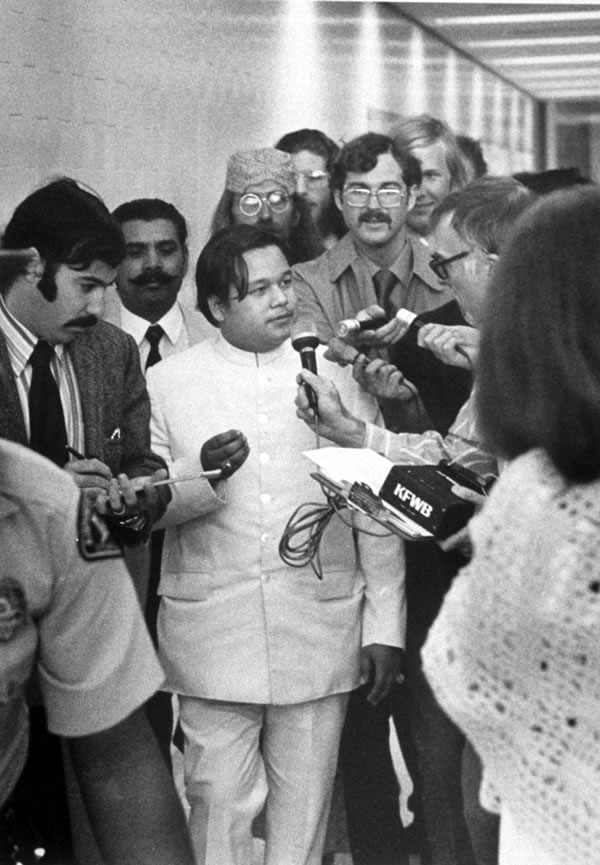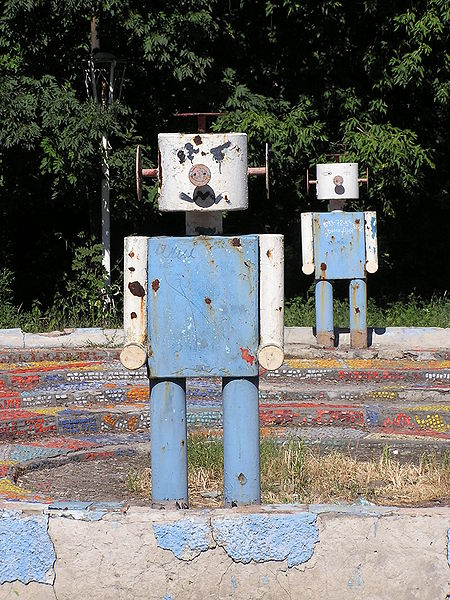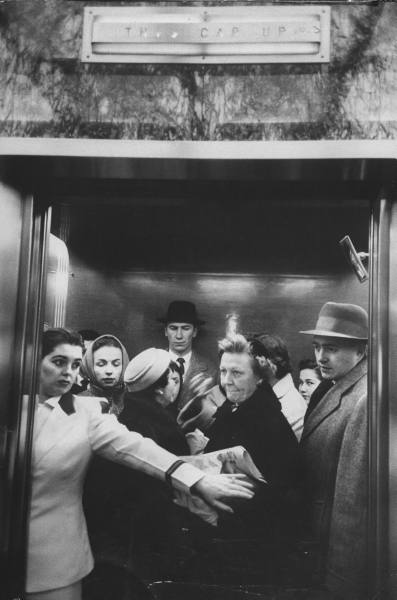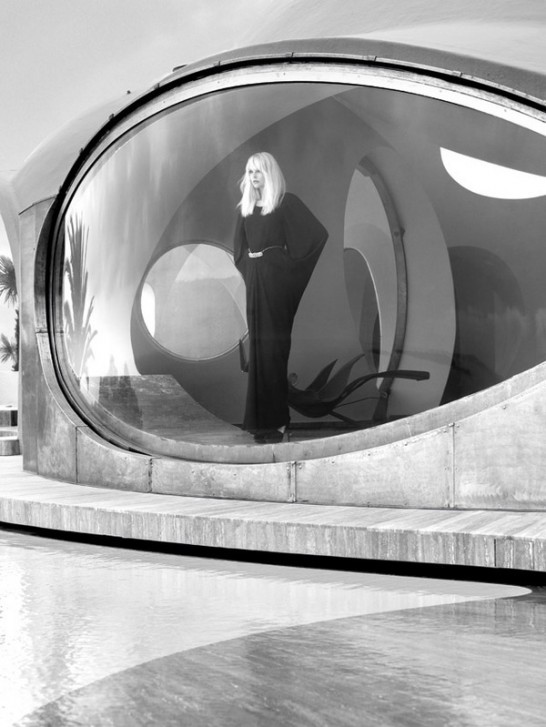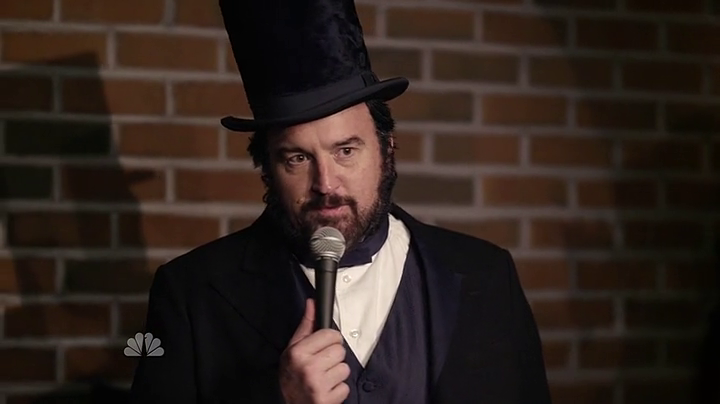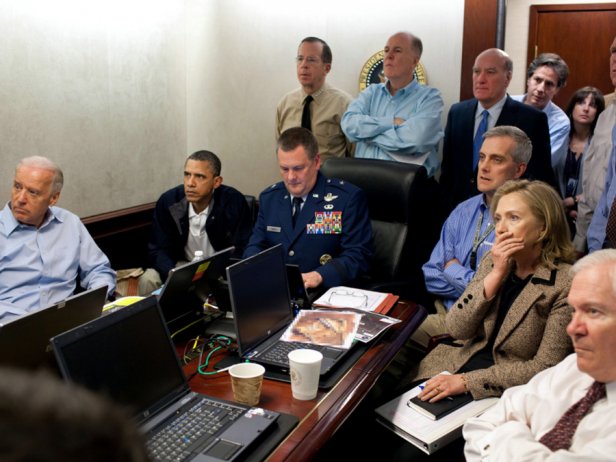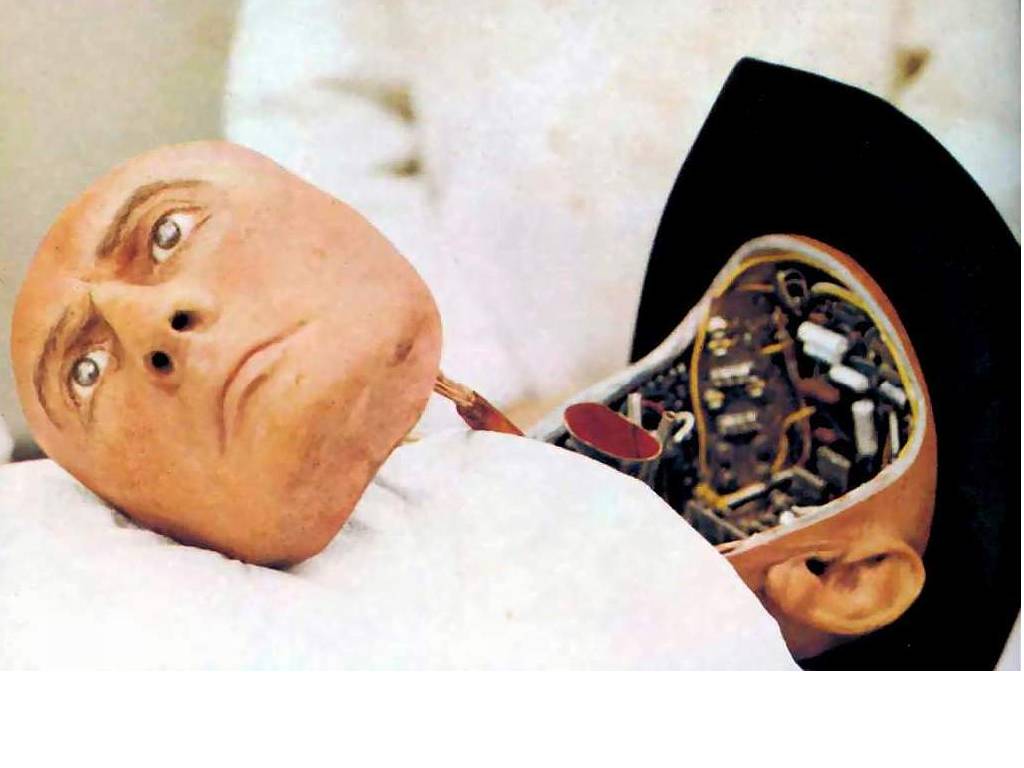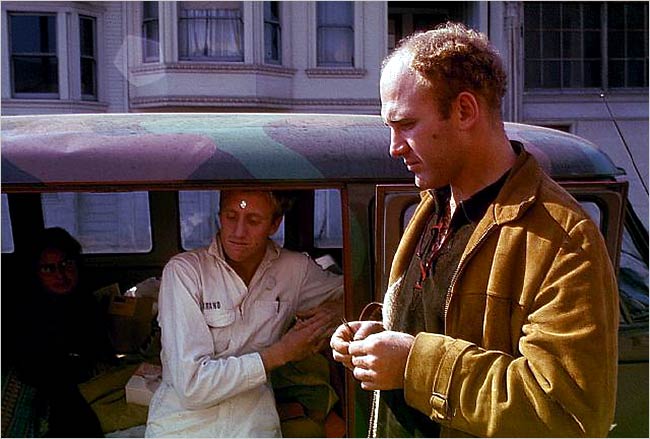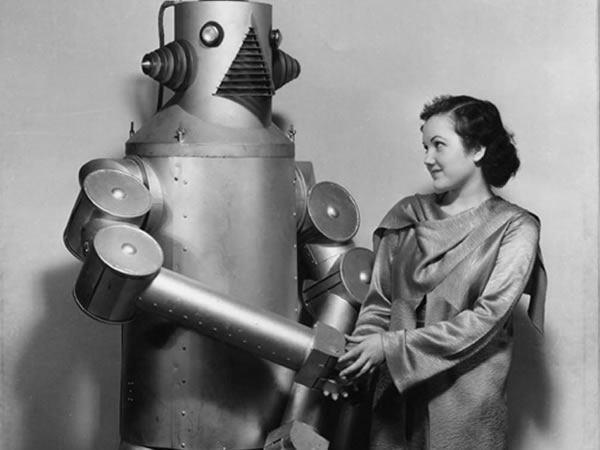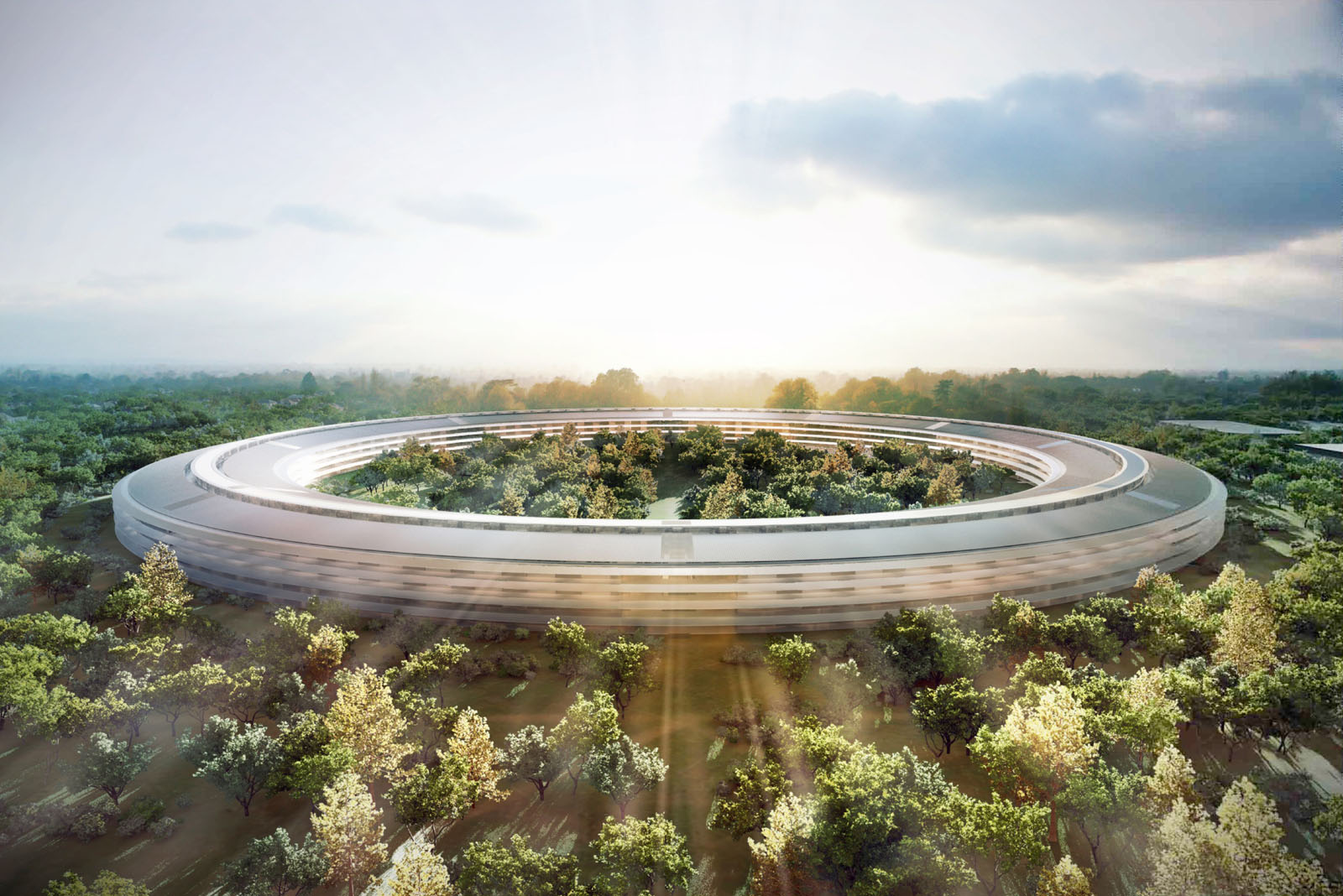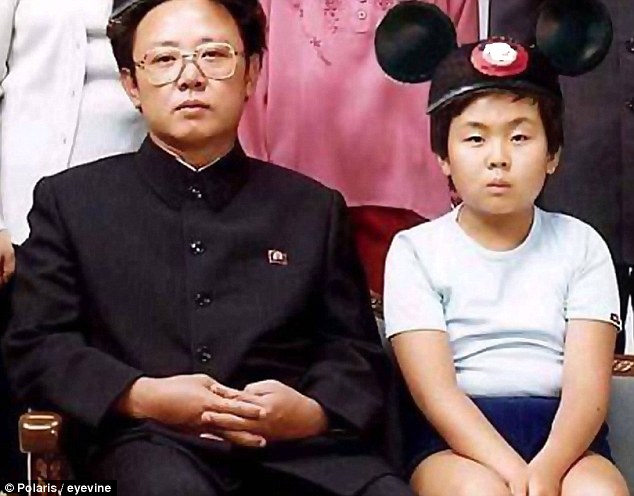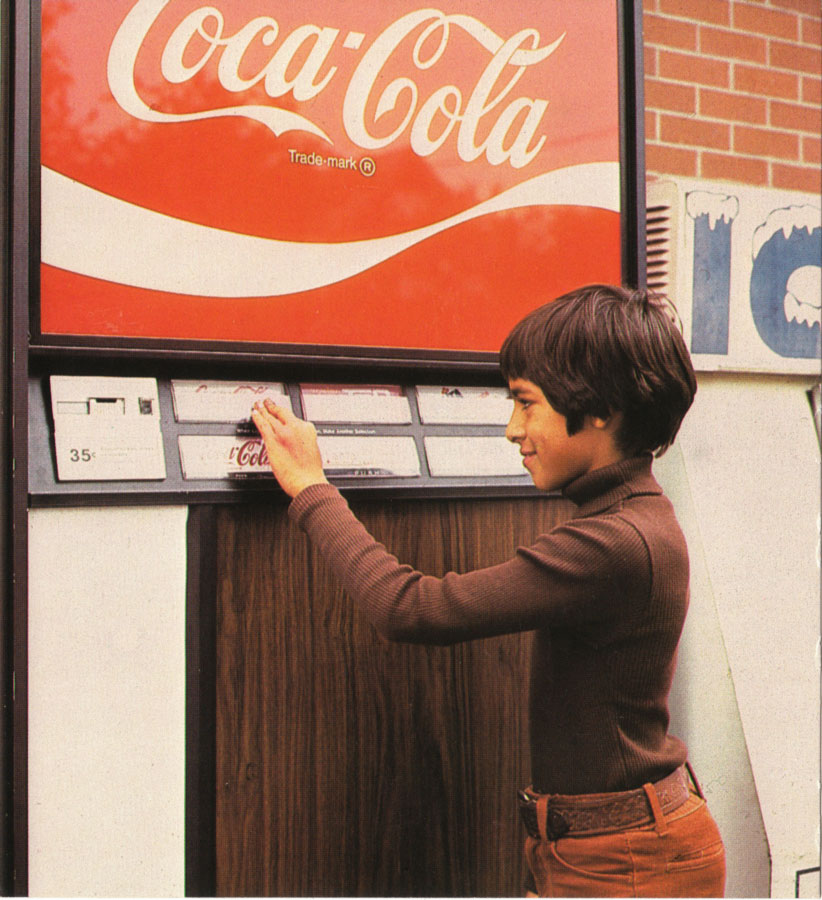As the world’s attention is fixed on Ukraine and parts unknown (wherever the missing Malaysian jetliner is), BBC’s Chief International Correspondent Lyse Doucet just conducted an Ask Me Anything at Reddit about another area of global interest, Iran. A few exchanges follow.
____________________________
Question:
What is the biggest misconception we have about life in Iran?
Lyse Doucet:
Iran is one of the most hospitable places in the world. And Iranians are also among the most inventive people I have had the pleasure to spend time with. Please don’t see it as a dark and hostile place. There are different views about the world, but it doesn’t want to turn its back on the world.
____________________________
Question:
How do Iranian women feel about their status in society compared to what it was before the Islamic revolution?
Lyse Doucet:
Women’s issues have always been at the heart of Iranian politics since the 1979 Islamic revolution. There have been advances in some areas including access to education including at University level, information and access to birth control, availability of some jobs, but not others. Women are still barred from many high level positions. Many women are hoping for greater freedoms after last year’s election of the reformist President Rouhani. But, like most Iranians, they are also just hoping that sanctions will be lifted and their daily lives will improve…
____________________________
Question:
How do you think Irans’ nuclear program is going to pan out?
Lyse Doucet:
That is the big question. on this visit i noticed that iranians, across the political spectrum, expressed support for a comprehensive nuclear deal..but that will require tough choices, on all sides..it’s still not clear there will be a deal by late July..but what is clear is that there will be a lot of work to try to reach one..
____________________________
Question:
Why do you think the general attitude of the West (western media) towards Iran has been changing in a positive way in the past few months?
Lyse Doucet:
..perhaps because more journalists are now being given visas to visit Iran ..and also because of the success of the nuclear negotiations so far..Also, the new leadership of President Rouhani and his Foreign Minister Javad Zarif are engaging with the world with a different tone.
____________________________
Question:
Would you tell us about your Internet experience in Iran?
Lyse Doucet:
I was suprised by how widely used the internet was including social media. Iranians are very inventive. They’ve found ways around the blocks on sites like twitter and facebook. To my relief, I was able to access my email account and use twitter. And Iranians, of all political persuasions, quoted my posts .
____________________________
Question:
What is daily life like for the young people of Iran and how does it compare to what we see in the Western world? Do they play video games, go insane over singers/bands, care about fashion and gossip?
Lyse Doucet:
Iranians are sometimes justifiably upset when we imagine they are somehow different from the rest of us. There is a very lively music scene, the fashion is fab (Iranian women even develop glamourous hair styles for their head scarves), Iranians of all political views are on the internet, talking to themselves and to the world. But they would like their restrictions to be lifted, and to have more freedom to come and go.•
____________________________
Iran Air TV ad that ran in the U.S. in the 1970s. Because of political fallout from the Islamic Revolution, the final flight from NYC was November 7, 1979.




